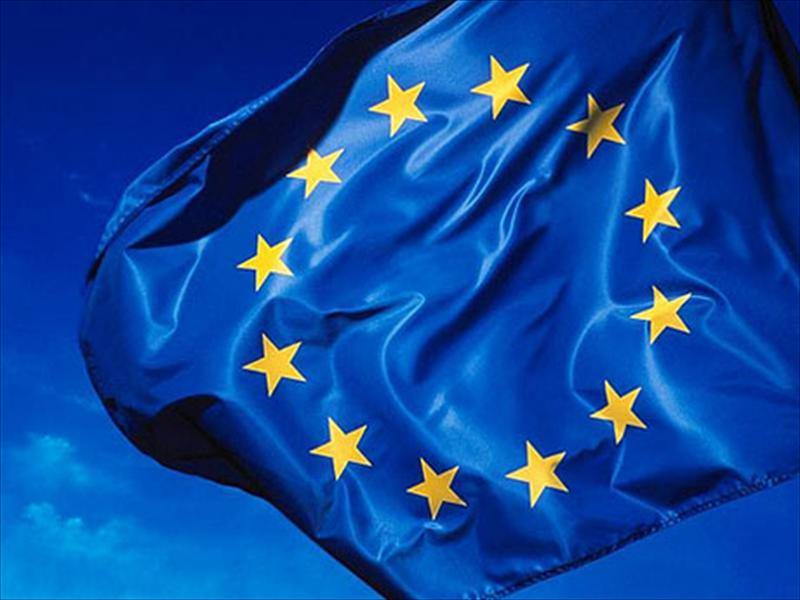The global research landscape is evolving rapidly, with the share of BRIC countries in worldwide R&D expenditure doubling between 2000 and 2009. Issues such as climate change, food security or fighting diseases increasingly require a concerted international research effort.
Máire Geoghegan-Quinn, European Commissioner for Research, Innovation and Science, said: “Going it alone is not an option in research and innovation. It is critical that
One fifth of EU research projects already involve at least one partner from outside the EU. Through the European and Developing Countries Clinical Trials Partnership (EDCTP), for instance, 14 EU Member States, Switzerland,
The new strategy will be mainly implemented through Horizon 2020, the EU’s funding programme for research and innovation from 2014, as well as through joint initiatives with EU Member States. In addition to Horizon 2020 being fully open to international participation, targeted actions with key partners and regions will focus on societal challenges and enabling and industrial technologies.
Multi-annual programmes for cooperating with key partner countries and regions will be developed in order to enhance and focus international cooperation. The strategy also calls for improving the policy dialogue with our partners and for improved information gathering as part of a proposed Research and Innovation Observatory. In addition, the European Union will aim to increase its leverage in relevant international organisations.
Background
The European Union is a world leader in research and innovation, responsible for 24% of world expenditure on research, 32% of high impact publications and 32% of patent applications, while representing only 7% of the population.
EU research programmes are open to participation from across the globe. Currently, 6% of participants in the Seventh Framework Programme for Research (FP7) come from third countries. The Marie Skłodowska-Curie actions, that fund mobility and training for researchers, support participants from 80 different countries. The European Research Council (ERC), which funds researchers from anywhere in the world to do cutting-edge research in
The new strategy will follow a dual approach. Through the general opening up of Horizon 2020 to international cooperation, European researchers will be free to cooperate with their third country counterparts on topics of their own choice. This will be complemented by targeted activities, where cooperation will be sought on particular topics and with well identified partners. The strategy will also promote common international principles in research and innovation, such as on research integrity, gender awareness and open access, in order to provide the global research and innovation community with a level playing field in international cooperation. The strategy also aims at having research and innovation contribute in a stronger way to the
Research is a shared competence with the Member States. A strong partnership will be ensured by building on the work of the Strategic Forum for International Science and Technology Cooperation (SFIC).
More information:
Communication: http://ec.europa.eu/research/internationalstrategy
Horizon 2020: http://ec.europa.eu/research/horizon2020/index_en.cfm
EU’s Seventh Framework Programme for Research (FP7): http://ec.europa.eu/research/fp7/index_en.cfm
Marie Skłodowska-Curie actions: http://ec.europa.eu/research/mariecurieactions/
European Research Council: http://erc.europa.eu/


